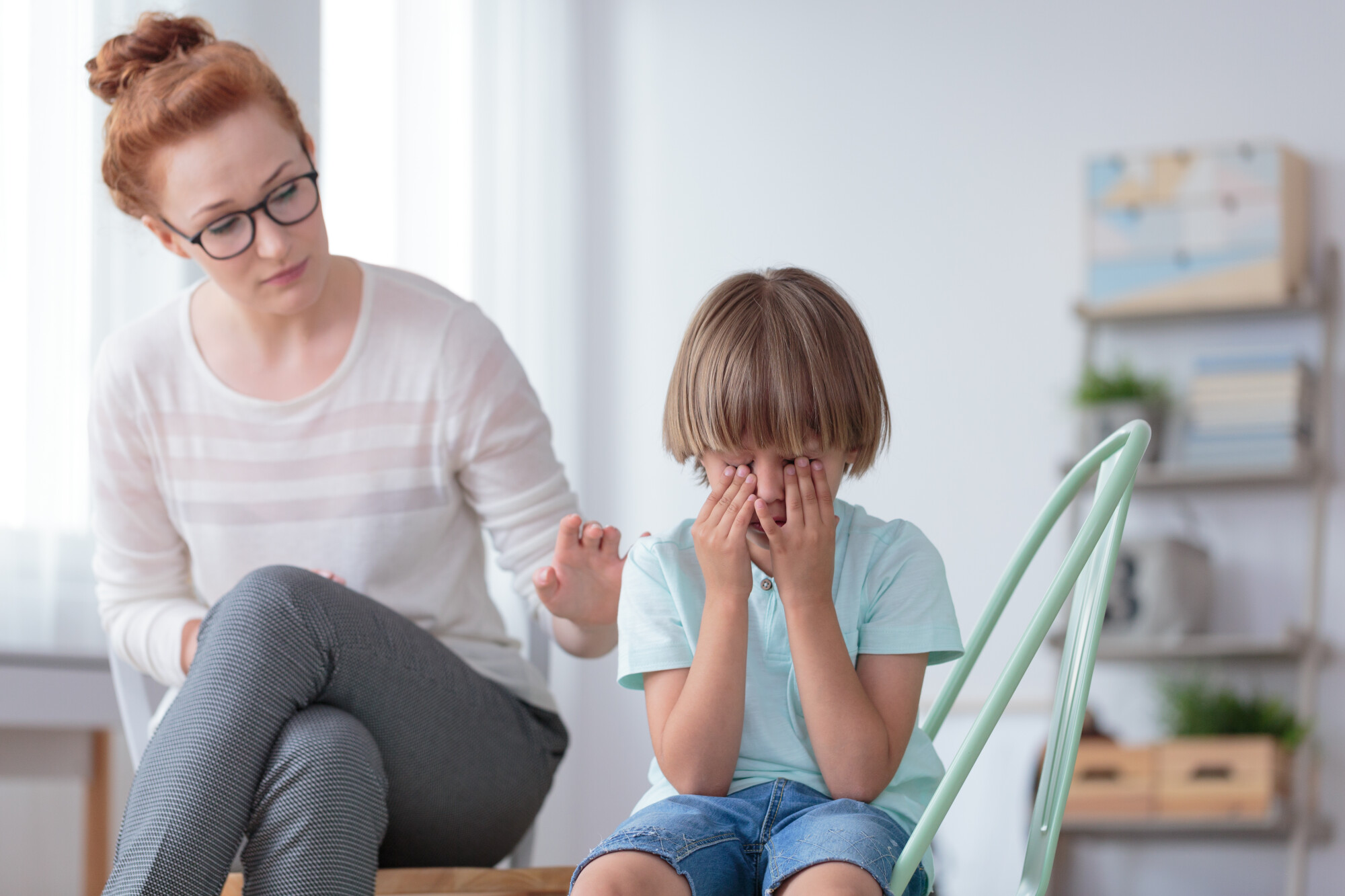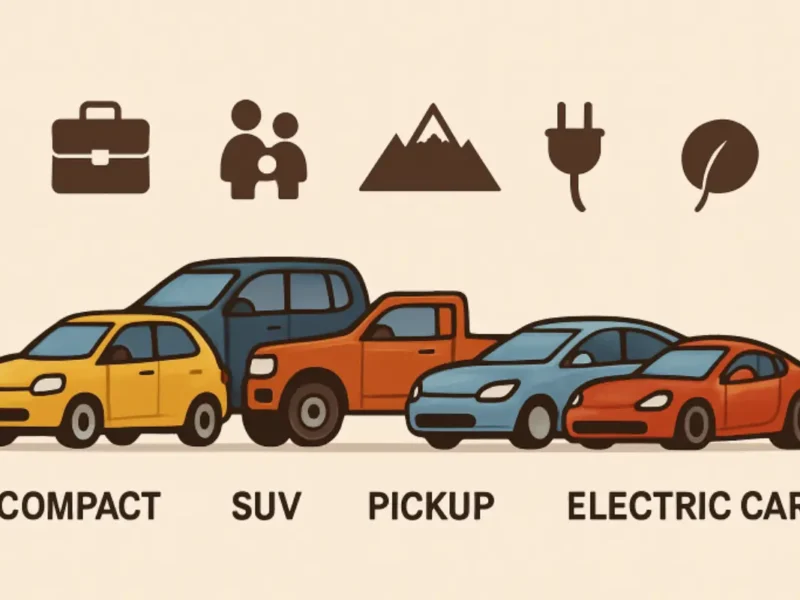Just like adults, kids can suffer from anxiety disorders. And since children are still growing, these disorders and the behaviors that come with them can be very serious.
Anxiety disorders aren’t just worrying too much; they have real symptoms that show signs of anxiety in kids. If you’re worried that your kid has anxiety, there are things to look out for.
That’s why we’ve put together this comprehensive guide so that you know what to watch out for and what to do if you think your child is struggling.
Let’s get started!
Contents
1. Excessive Worry
Excessive worry can be one of the most common signs of anxiety in kids. They may constantly worry about their family, school, grades, or anything else that is important to them. Some kids may rationalize that an event may never happen, yet in other instances, they may catastrophize a situation which adds to the anxiety.
Kids may also worry excessively about what others will think of them, and ruminate on worries and fears. Excessive worry can also interfere with a child’s life in other ways. Highly anxious kids may even have difficulty with self-care such as maintaining personal hygiene or following through with personal responsibilities.
What you can do is talk to your child and try to understand why they’re worried and create a safe space for them. Encourage them to talk about their worries and how they feel. Getting professional help from a mental health professional is also a great option.
2. Physical Symptoms
Physical symptoms of anxiety in kids can include increased heart rate, sweaty palms, nausea, headaches, and stomachaches. Difficulty concentrating and fidgeting due to restlessness is also a common symptom of anxiety in children. Muscle tension and fatigue can also be signs of an underlying issue.
Kids may have difficulty breathing, hyperventilating, and sweating. They might even feel like they are choking or having a heart attack. Many feel restless and experience difficulty sleeping, or sleeping too much, resulting in irritability.
Kids may even experience a lack of appetite, resulting in unexplained weight loss or gain. These physical symptoms are not exclusive to anxiety and can be associated with other medical issues, so it is important to talk to your pediatrician.
3. Avoidance Behavior
Kids may try to avoid people, places, or activities that make them feel anxious. This could include avoidance of physical or social situations, activities that involve public speaking, or playing with friends. Kids may also experience a heightened sense of fear or discomfort and may be reluctant to try new things.
They may have difficulty separating from their parents and struggle to be independent. In addition, some kids may substitute their anxious behavior with overly compliant behavior, demonstrate irritability or defiance, or have difficulty concentrating. Without appropriate intervention, a lack of social engagement and avoidance of stressful activities can lead to greater problems in the future.
If you notice this, it is important to listen to the child and identify what things are causing them anxiety. After identifying the cause, it is important to set a supportive and encouraging environment. There is also some helpful virtual therapy for children that can help you with various treatment options.
4. Sleep Disturbances
It is common for anxious children to experience challenges with sleep. Sleep disturbances may include:
- difficulty falling asleep
- difficulty staying asleep
- having nightmares
- general restlessness
Anxious children may also experience an increase in daytime sleepiness, due to limited or poor-quality sleep. Signs that a child is having trouble sleeping could include irritability, difficulty concentrating, or an overall decrease in energy.
If your child is having difficulties with sleep, it may benefit them to establish a consistent bedtime routine and follow it each night. If the sleep disturbances continue, it may be beneficial to speak to a medical professional for additional help and guidance.
5. Irritability and Restlessness
Irritability can be seen in kids who suddenly become short-tempered and quick to angry outbursts over the slightest trigger. It’s often a sign that a child is feeling overwhelmed by their internal struggles and fear. Restlessness can come in the form of physical fidgetings, such as:
- pacing back-and-forth
- tapping their fingers
- excess talking
This behavior may also manifest in more disruptive behavior, as kids become unable to sit still and focus. If a child is having difficulty concentrating, it can be a sign of anxiety trying to be expressed. It is important to pay attention to these signals and to help children work through their anxiety.
6. Changes in Performance
Common anxiety symptoms in kids can manifest in several ways, including changes in performance. Parents or teachers may notice a decline in their grades, an inability or unwillingness to complete their schoolwork, or difficulty following instructions in class.
A child may also become easily frustrated and display hostile behavior towards peers or close relatives. There may be difficulty sleeping, eating, or concentrating, and the child may even appear:
- scared
- nervous
- on edge
Additionally, increased physical symptoms like trembling, rapid breathing, or body aches may be present and further indicate a child’s anxiety. It is important to recognize and address these signs of anxiety in children to ensure they get the right help and support to cope and manage their feelings.
Know the Signs of Anxiety in Kids
Kids who suffer from anxiety can experience a wide range of emotions, anxious thoughts, and behaviors. Parents need to recognize the signs of anxiety in kids to help their children during these difficult times.
If you think your child may be suffering from anxiety, please speak with a licensed mental health practitioner for a full diagnostic assessment.
For more helpful articles aside from dealing with these signs of anxiety and depression in kids, visit our blog.



